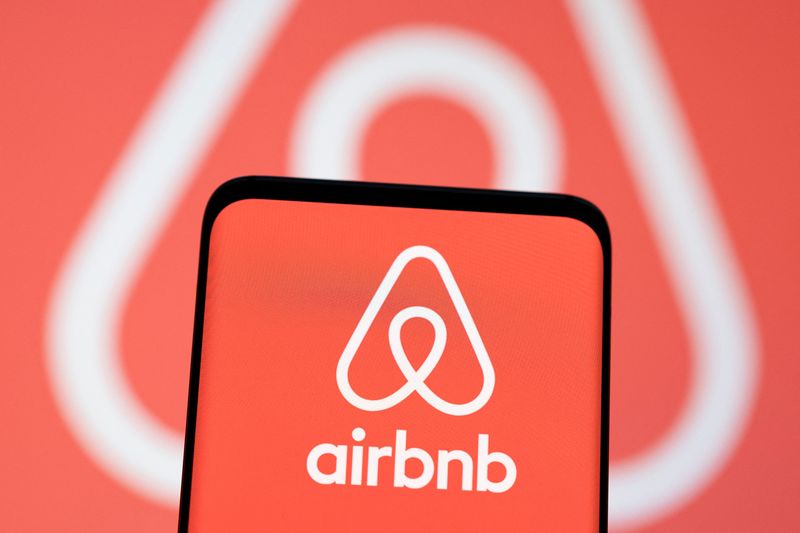On Wednesday, Bank of America (NYSE:BAC) analysts reported a 1.1% year-over-year decline in travel spending from January to mid-August, signaling a cooldown as the peak summer travel season concludes. Despite this dip, travel activity remains robust compared to pre-pandemic levels, with air traffic passenger volumes hitting a five-year high.
The analysts highlighted that international travel, particularly in Europe, saw strong in-person spending during the May to July period, potentially spurred by major events like the Olympics and Taylor Swift's Eras Tour.
The report indicates that while the overall momentum in travel has been positive, the growth rate has slowed down. Even with the current moderation in consumer spending, travel is expected to stay resilient through the remainder of the year, albeit growing at a slower pace compared to the previous year. The analysts suggest that the travel industry's performance is still strong, but it may face challenges maintaining the rapid growth experienced in 2023.
Travel spending trends have been closely watched by the industry as a barometer for economic health and consumer confidence. The Bank of America analysis provides a snapshot of the industry's status, with international travel demand playing a significant role in the sector's recovery. The concentration of spending on international trips, particularly in Europe, underscores the importance of cross-border tourism to the industry.
As the industry looks towards the future, the insights from Bank of America analysts offer a measured outlook for travel demand. The expectation of continued, albeit slower, growth through the end of the year provides a basis for stakeholders to adjust their strategies in an evolving market landscape.
In other recent news, Airbnb Inc (NASDAQ:ABNB). has been the subject of several analyst revisions.
Despite a mixed Q2 performance, with revenue and adjusted EBITDA exceeding forecasts but nights and experiences booked falling short, firms like KeyBanc, DA Davidson, TD Cowen, BMO Capital Markets, and RBC Capital have maintained neutral ratings while adjusting their price targets. However, TD Cowen, Citi, and Benchmark continue to display confidence in Airbnb's viability as an investment, maintaining a Buy rating.
The company's Q2 results revealed an 11% year-over-year increase in total revenue, reaching $2.75 billion, and a similar rise in gross bookings value to $21.2 billion. However, Airbnb's Q3 revenue is projected to fall short of expectations, ranging between $3.67 billion and $3.73 billion. The Q2 profit decreased to $555 million or 86 cents per share, from $650 million or 98 cents per share last year.
These recent developments come amidst a challenging period for Airbnb, as it navigates a complex demand environment. The company faces a decline in demand from U.S. customers, attributed to growing economic uncertainty affecting domestic travel. Despite these challenges, the company reported an increase in nights and experiences booked, with the strongest growth observed in Latin America and the Asia-Pacific region.
This article was generated with the support of AI and reviewed by an editor. For more information see our T&C.
